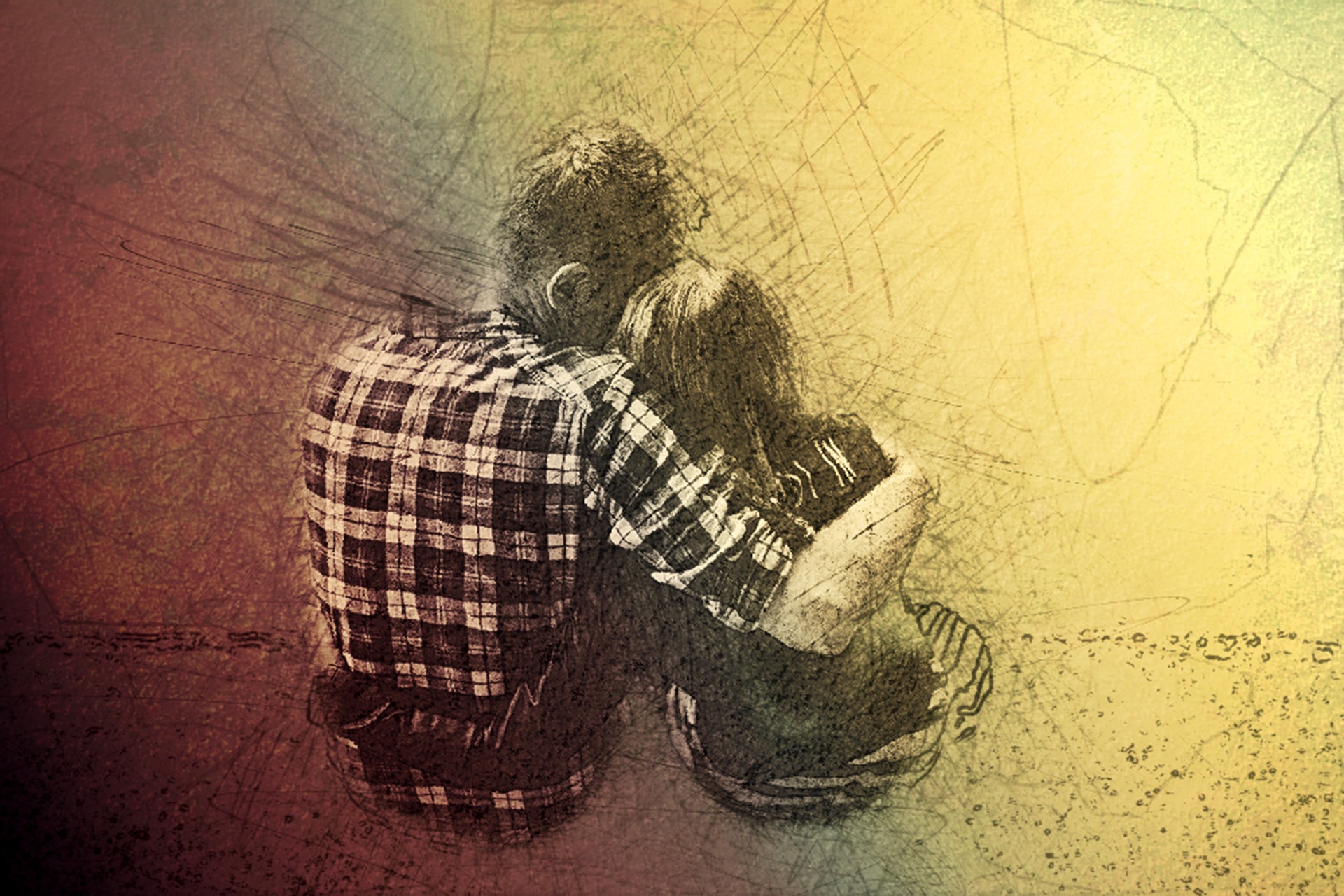Have you experienced that emotional wash of flu-like discomfort throughout your body, leading you to believe you are dirty, or unclean? Do you have painful thoughts of regret in the middle of the night?
What are these awful emotions? Simply, they are a feeling of unworthiness. Brené Brown, shame researcher and storyteller, has helped bring to light these intensely dark emotions (see list and links below). Through meta-analysis, she found the four ickiest emotions—my word, not hers—are: Embarrassment, Humiliation, Guilt, and Shame. Even though these emotions can feel similar, knowing the differences between them makes all the difference.
Let’s start with the definitions:
Embarrassment. Embarrassment is a moment or circumstance where you experience self-consciousness. Although it may be a horrifying experience, embarrassment is the least powerful of these emotions. It’s not permanent and we may even be able to eventually find humor in it. Comedy is rooted in encounters with embarrassment—we can all relate!
Humiliation. Humiliation is a deep sense of abasement that happens to someone, but is not necessarily deserved. It’s sort of like embarrassment on steroids! It’s not appropriate to find humor in humiliation. Humiliation can be devastating and can turn into shame if not recognized.
Guilt. Guilt is a recognition that “I have done something bad.” Though not a great feeling, it can be a positive motivator for change. Guilt is holding an action or behavior up against one’s ethics, values, and beliefs. The remedy for guilt is correcting a behavior, apologizing, or “making things right.”
For example, if you feel guilty because you owe someone some fifty bucks… pay them back! This may not be quite so easy for more lamentable offenses, but the process is still the same. Like humiliation, unprocessed guilt can also turn to shame.
Shame. Contrary to Guilt’s “I did something bad,” Shame is a belief that “I am bad.” While guilt can motivate positive change, shame typically leads to self-destructing behavior, or emotional paralysis. Shame goes to our core identity and is focusing on who we are, rather than what we have done. People believe that they deserve, or are, their shame. Internalized shame is vicious.
According to Brown’s research, shame is the most diabolical of the four, devastatingly declaring “I am not worthy of love and connection.” Shame is the devil.
Luckily, the research has shown that shame does have a cure: Empathy or Understanding. We all experience shame, but you can combat it—particularly in the sharing of it with someone we trust.

FEELING WORTHY
The Cave You Fear to Enter Holds the Treasure That You Seek. –Joseph Campbell
Even a glimpse of feeling unworthy is enough to feel sick to your stomach. We all seek acceptance. These awful emotions make us feel like we have somehow disqualified ourselves from the prize—the definition of unworthiness. We have a universal need to feel worthy. Perceived unworthiness leads to disconnection, or isolation.
To reach a sense of worthiness, these emotions need to be shared. Harsh self-judgment, silence, and secrecy only feed the awful beasts! The cure is compassion. If you are trying to heal and someone laughs at you (not with you), makes fun of you, or over-talks you…find someone else! Find someone that proves to you that you are not alone. Whatever happened, they are with you. Brown describes them as “someone who has earned the right to hear your story.”
Compassion is the only antidote to unworthiness. Some people find empathy from a spiritual/religious source; others from a close friend, or family member. Some find their cure from a therapist, mentor, coach, or even their trusted pet! Only a pure water well will help you be clean.
We must first reach outside ourselves to find worthiness within. We can only provide compassion and empathy—worthiness—to the extent that we love and care for ourselves.
These emotions are awful, but they are not your identity. Anything impermanent isn’t you. After trudging through the darkness of shame, you find the true light, shining all along: You are worthy after all.

For more information on Brené Brown and her liberating research, refer to her clips on YouTube, her popular Ted Talks, or her books:
I Thought It Was Just Me (But it Isn’t)
The Gifts of Imperfection.
Daring Greatly
Rising Strong

